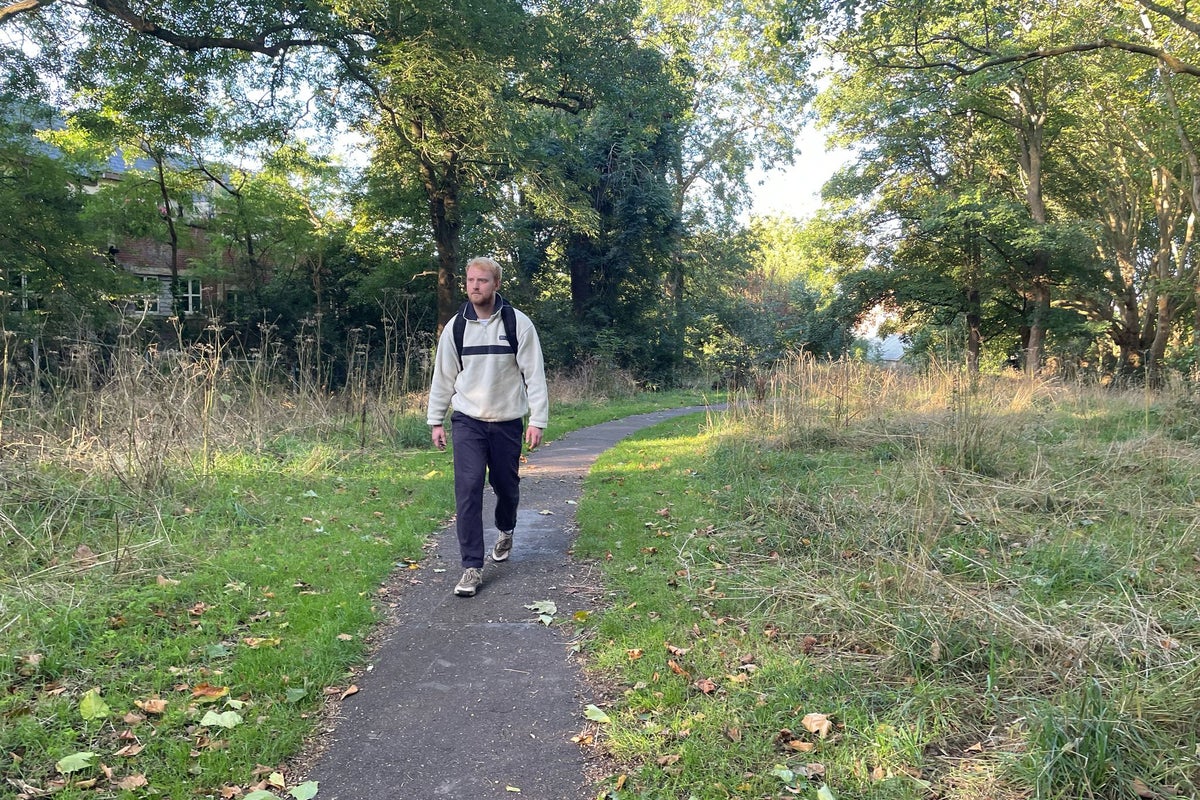T4K3.news
Study questions daily health benchmarks
A new study suggests 7,000 daily steps may be sufficient for health, challenging long-held beliefs.

A recent study challenges traditional health recommendations like daily steps and water intake.
Health benchmarks often misrepresented
A new study questions the widely accepted recommendation of 10,000 steps a day, suggesting 7,000 steps may suffice for good health. This revelation prompts a reevaluation of other common lifestyle guidelines such as recommended water intake, sleep durations, and exercise. Experts weigh in on these targets, emphasizing that while recommendations exist, individual needs can vary significantly. For instance, while the NHS suggests drinking six to eight glasses of water daily, some experts argue that thirst should guide hydration. Similarly, while seven to nine hours of sleep is recommended, some contend that quality matters more than strict adherence to numbers. The takeaways also extend to exercise and mindfulness, challenging the notion of rigid benchmarks.
Key Takeaways
"7,000 steps a day may suffice for good health."
This highlights a shift away from the widely held belief of needing 10,000 steps.
"Rules are for the obedience of fools and the guidance of wise people."
This captures the importance of adapting health recommendations to individual needs.
"Our bodies are set up to do things just right."
A reminder that listening to our bodies can guide health choices effectively.
"Lack of strict guidelines could relieve pressure in health practices."
This suggests a potential benefit of moving away from rigid health benchmarks.
The recent study's claims could indicate a growing trend towards individualized health guidelines. As we learn more about human physiology, the one-size-fits-all approach may become less valid. For many, this flexibility could alleviate the pressure of strict health targets. The focus might shift from numeric goals to overall well-being, inviting a more holistic view of health. This could lead to better engagement with wellness activities, as people feel less encumbered by inflexible metrics and more comfortable in their personal health journeys.
Highlights
- Seven thousand steps a day can keep you healthy and satisfied.
- Hydrate according to your body, not a chart.
- Quality sleep counts more than hours in bed.
- Wellness metrics should fit your lifestyle, not the other way around.
Potential misunderstanding of health guidelines
The flexibility in health metrics could create confusion, leading to public backlash against established health recommendations. Misinterpretations could affect personal health choices negatively, as not everyone may take into account individual differences and health conditions.
This changing perspective on health metrics may encourage more people to engage with their well-being in a fulfilling way.
Enjoyed this? Let your friends know!
Related News

Health benchmarks may be too strict

Study challenges daily water intake recommendations

Japanese walking method gains social media attention
Study suggests 7,000 steps may enhance health

Research finds 7,000 steps a day improves health

Study reveals 7,000 steps daily can reduce health risks

Exploring GLP-1 medications and their implications

Assess your aging with five simple fitness tests
